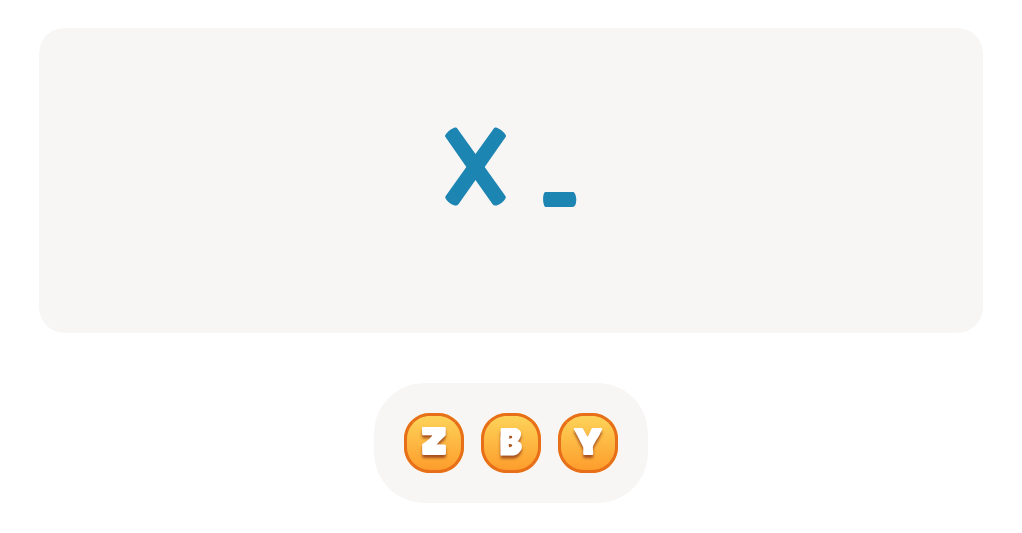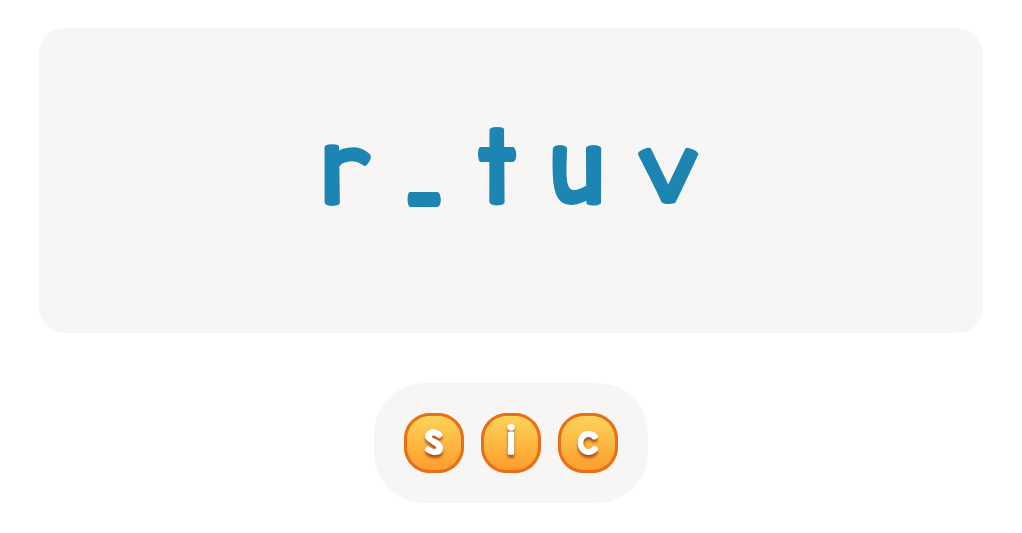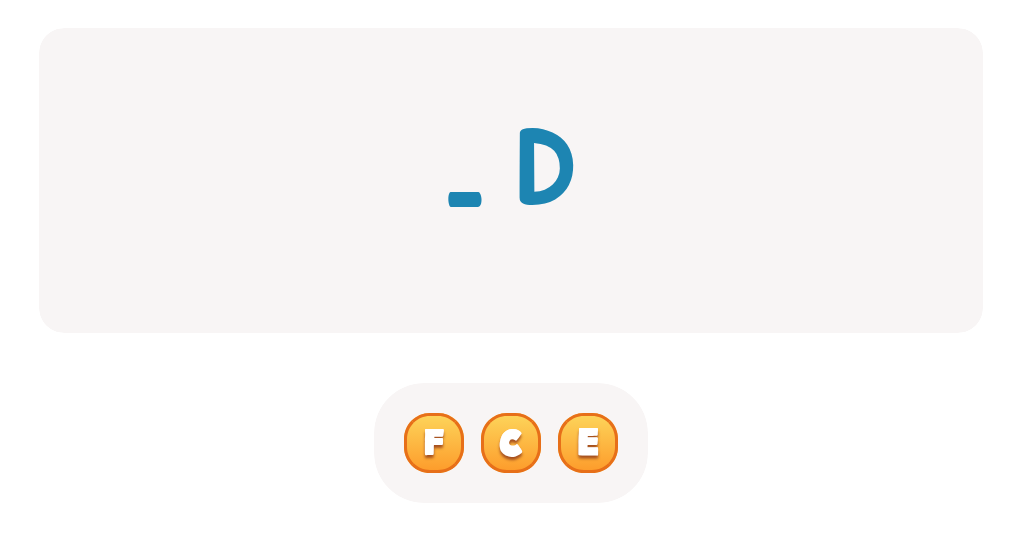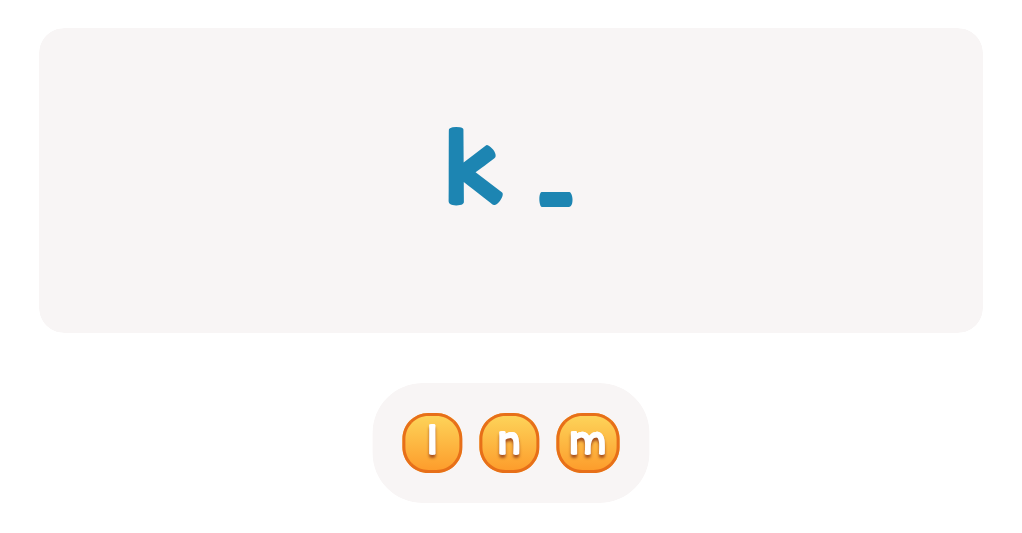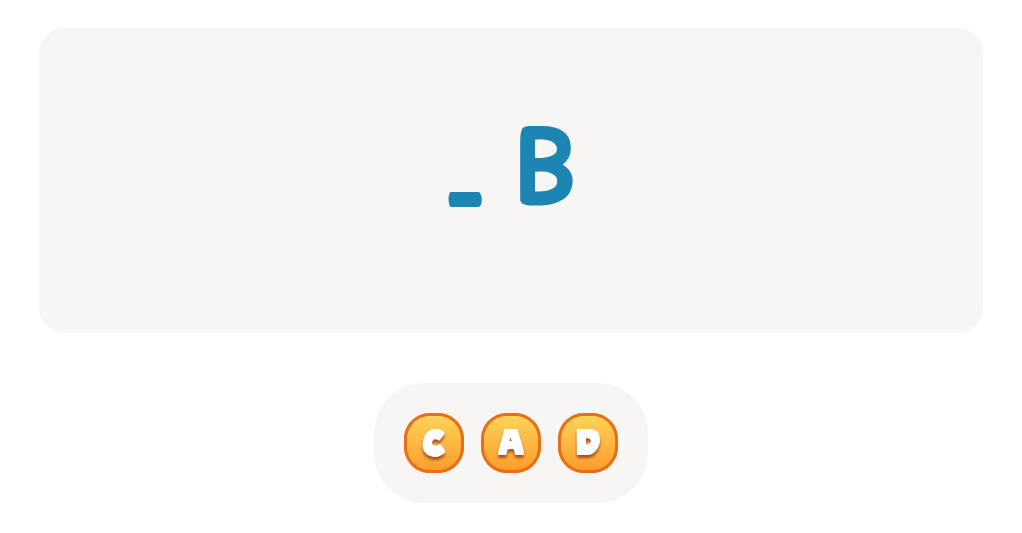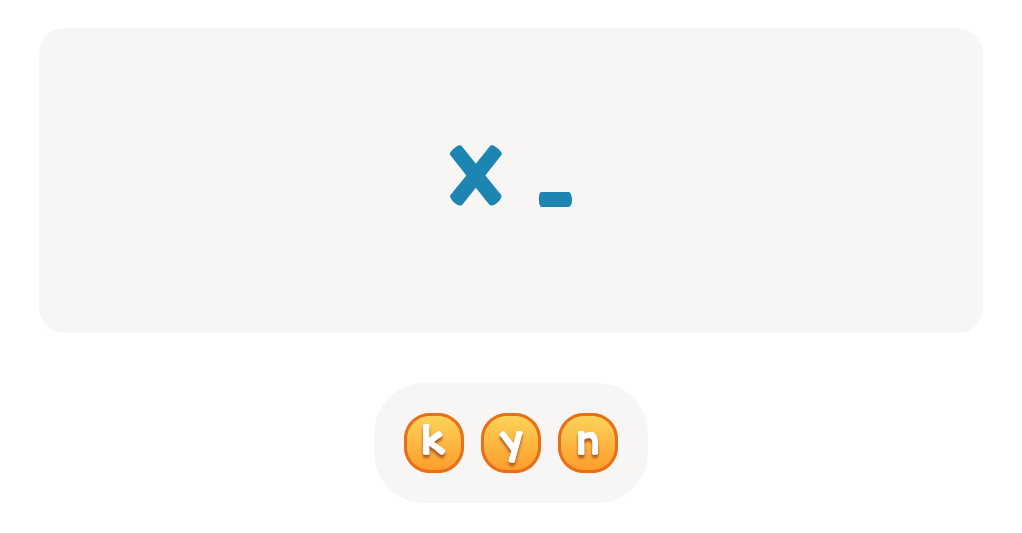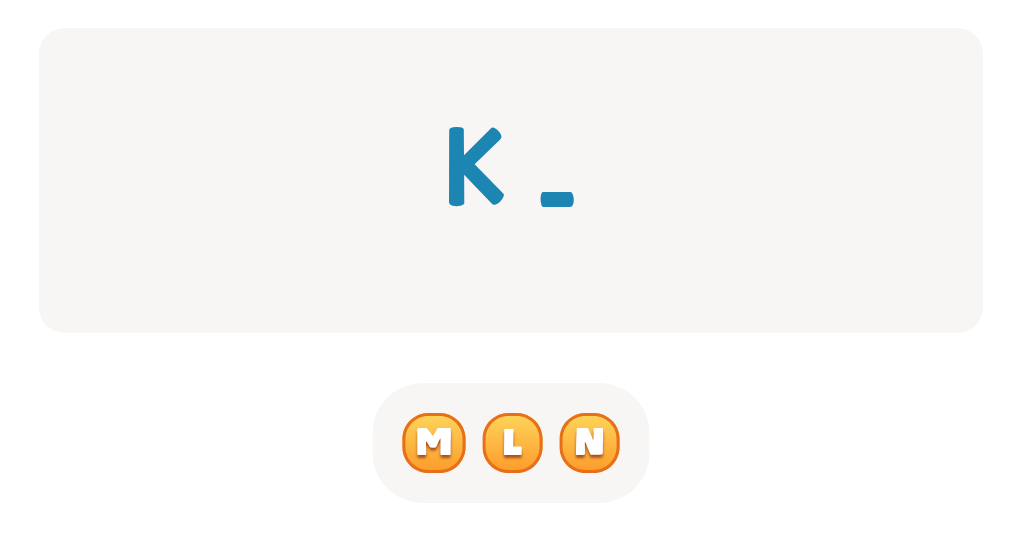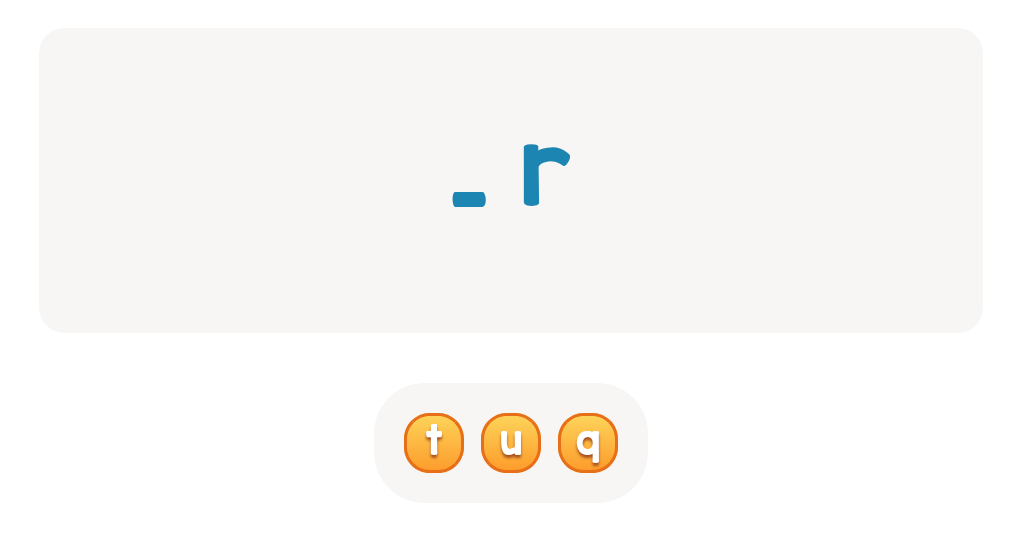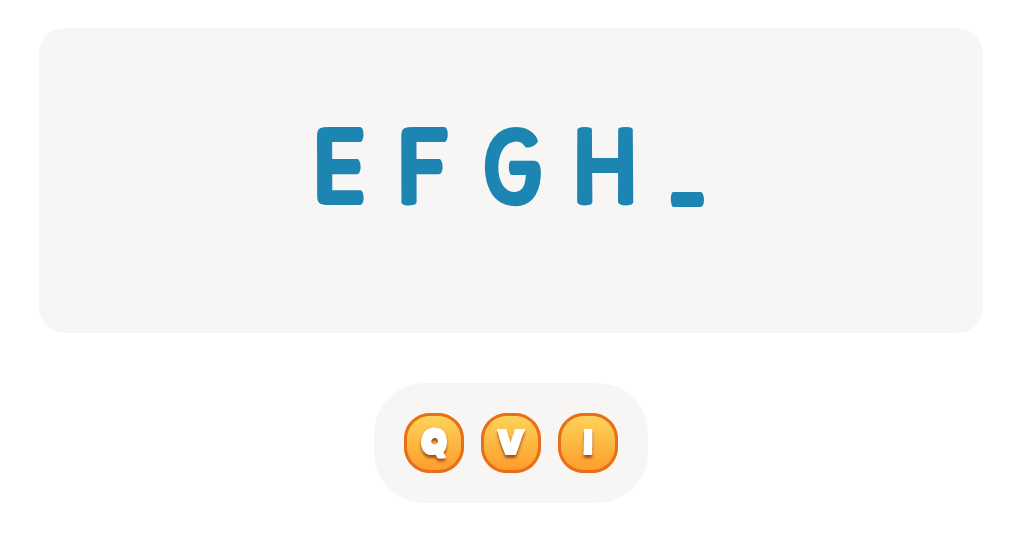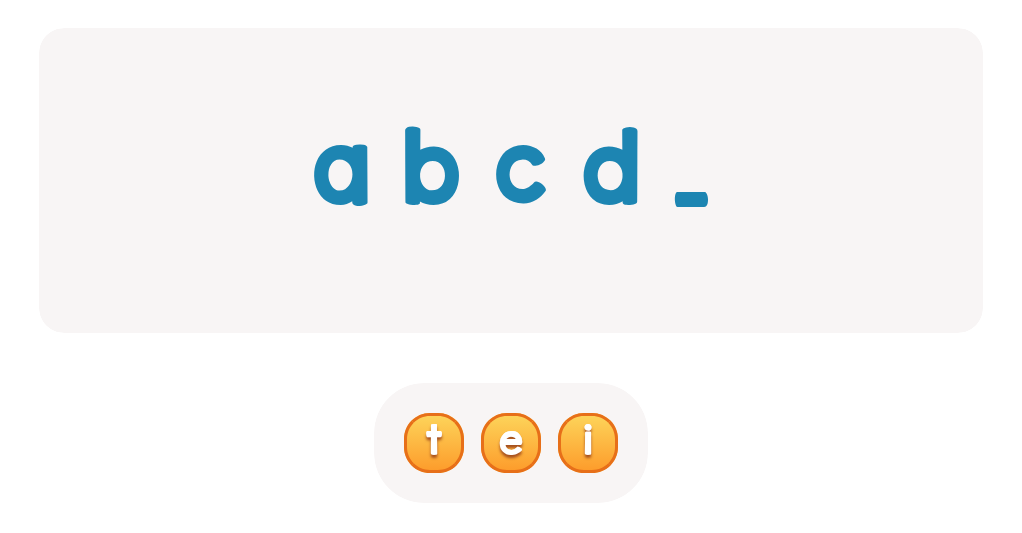Letter tracing skills Normal Upper & Lowercase Letters Worksheets for Ages 5-7
3 filtered results
-
From - To
Enhance your child's writing journey with our engaging "Letter Tracing Skills: Normal Upper & Lowercase Letters Worksheets" designed for ages 5-7. These printable worksheets offer a fun and effective way for children to practice tracing both uppercase and lowercase letters, developing fine motor skills and letter recognition. Each worksheet is thoughtfully created to boost confidence as young learners build their handwriting skills. With a variety of exercises, kids can enjoy hands-on learning while reinforcing the fundamentals of the alphabet. Perfect for homeschooling or classroom use, these resources make letter learning enjoyable and interactive. Start your child’s writing adventure today!
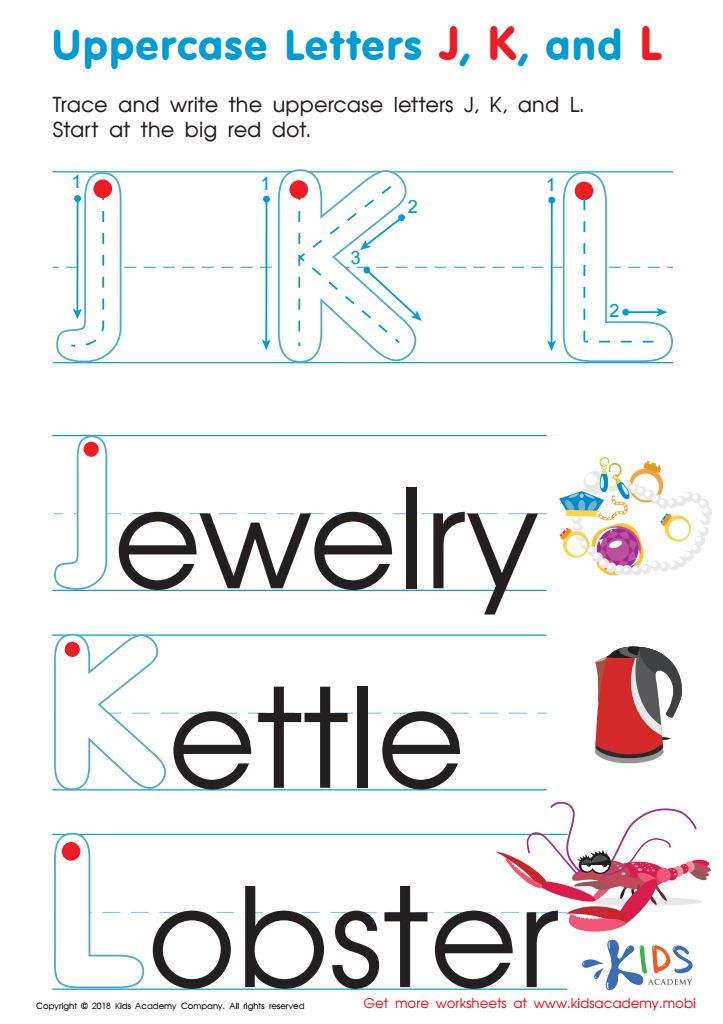

Uppercase Letters J, K, and L Worksheet
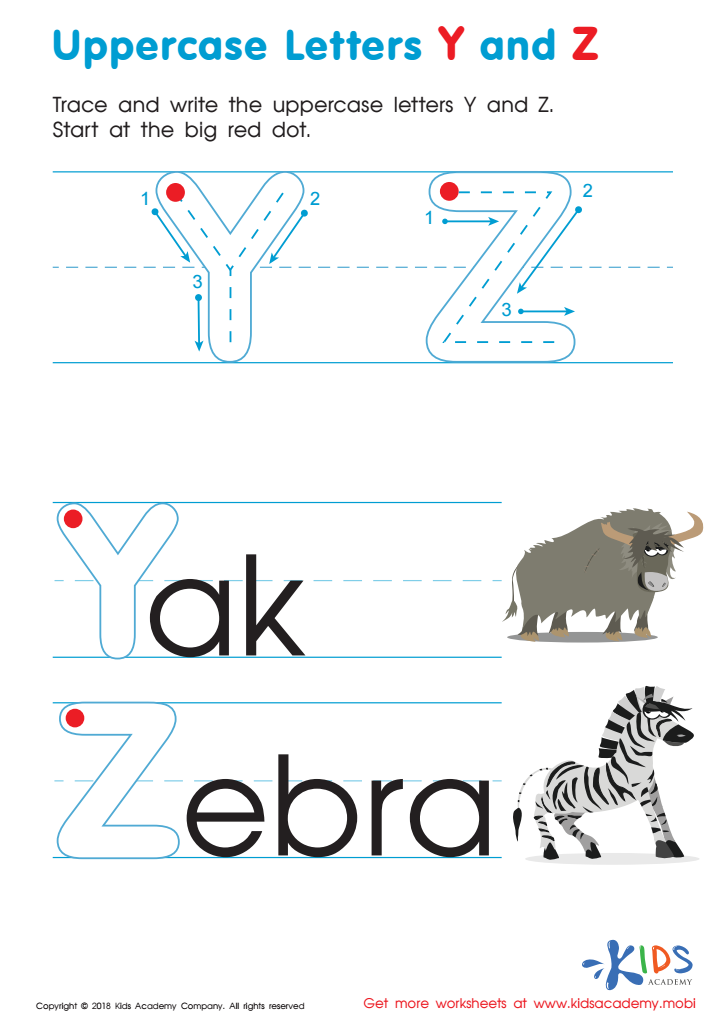

Uppercase Letters Y Z Worksheet
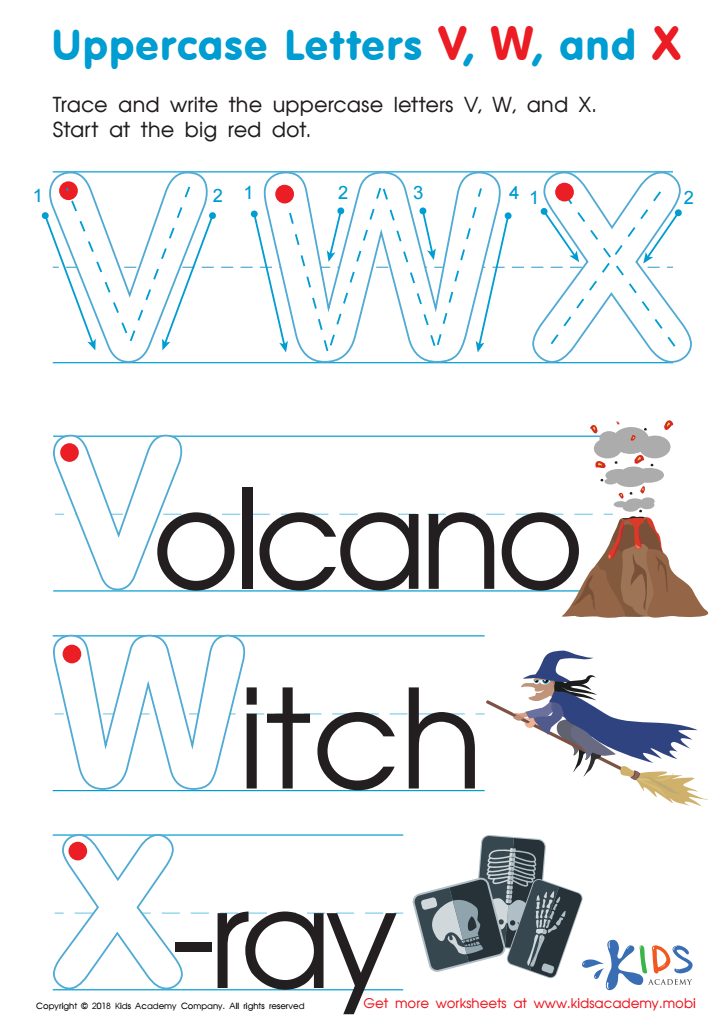

Uppercase Letters V, W, and X Worksheet
Letter tracing skills are vital for children aged 5-7 as they form the foundation for effective writing and literacy development. At this early stage, children are not just learning how to write but also how to recognize and differentiate between uppercase and lowercase letters. Tracing letters helps them understand the shape, size, and orientation of each character, laying the groundwork for proper handwriting techniques.
Moreover, this activity enhances fine motor skills essential for a range of daily tasks. Through tracing, children strengthen the muscles in their hands and fingers, improving their grip and control. These skills translate not only into writing but also into other tasks requiring manual dexterity.
Additionally, tracing letters can improve letter recognition and phonemic awareness, critical components for reading development. When children engage in tracing, they are more likely to remember the letters and their corresponding sounds, promoting a deeper understanding of the alphabet.
For teachers and parents, encouraging letter tracing fosters a supportive learning environment that emphasizes play-based and hands-on learning. It helps cultivate a child's confidence, paving the way for their future academic success while making learning enjoyable and effective. By prioritizing these skills, adults can significantly enhance children's literacy skills and overall development.
 Assign to My Students
Assign to My Students
